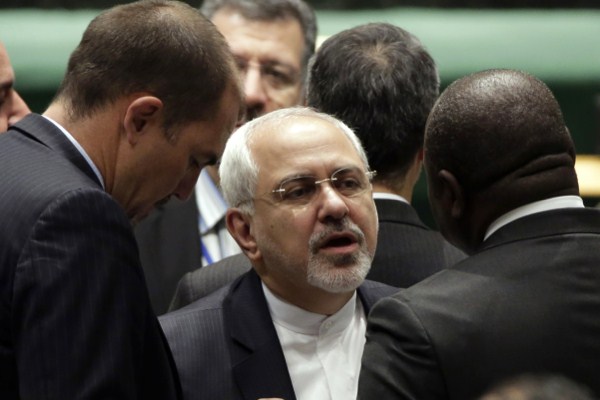In September, Iranian Foreign Minister Mohammad Javad Zarif met with his Saudi counterpart, Saud al-Faisal, in New York in the latest attempt under Iranian President Hassan Rouhani to reduce the prevailing hostilities between Tehran and Riyadh. So far it appears the Saudi leadership has responded positively, creating a strong possibility of Iranian-Saudi relations entering a new phase, with a significant reduction of hostilities. There are even some indications that the improved relations could lead to a grand bargain between the two longtime regional rivals, with significant implications for the entire Middle East.
Decades of rocky relations followed by heightened tensions since the Arab uprisings of 2011—which have partly devolved in Syria, Bahrain and Yemen into Saudi-Iranian proxy wars—make the potential rapprochement between Tehran and Riyadh both significant and surprising. It appears that both countries are reassessing the costs and benefits of their escalating cold war and are finally open to compromises.
Nowhere is this clearer than in Iraq and Yemen. Iran long supported former Iraqi Prime Minister Nouri al-Maliki’s government, ignoring the grievances of Iraq’s Saudi-backed Sunni minority, some of whom supported the advance of the so-called Islamic State (IS) into Iraq this summer. But after the rise of IS, Iran proved more conciliatory, withdrawing its support for Maliki and backing the appointment of Prime Minister Haidar al-Abadi in the hopes of concluding a power-sharing deal with Iraq’s Sunnis.

